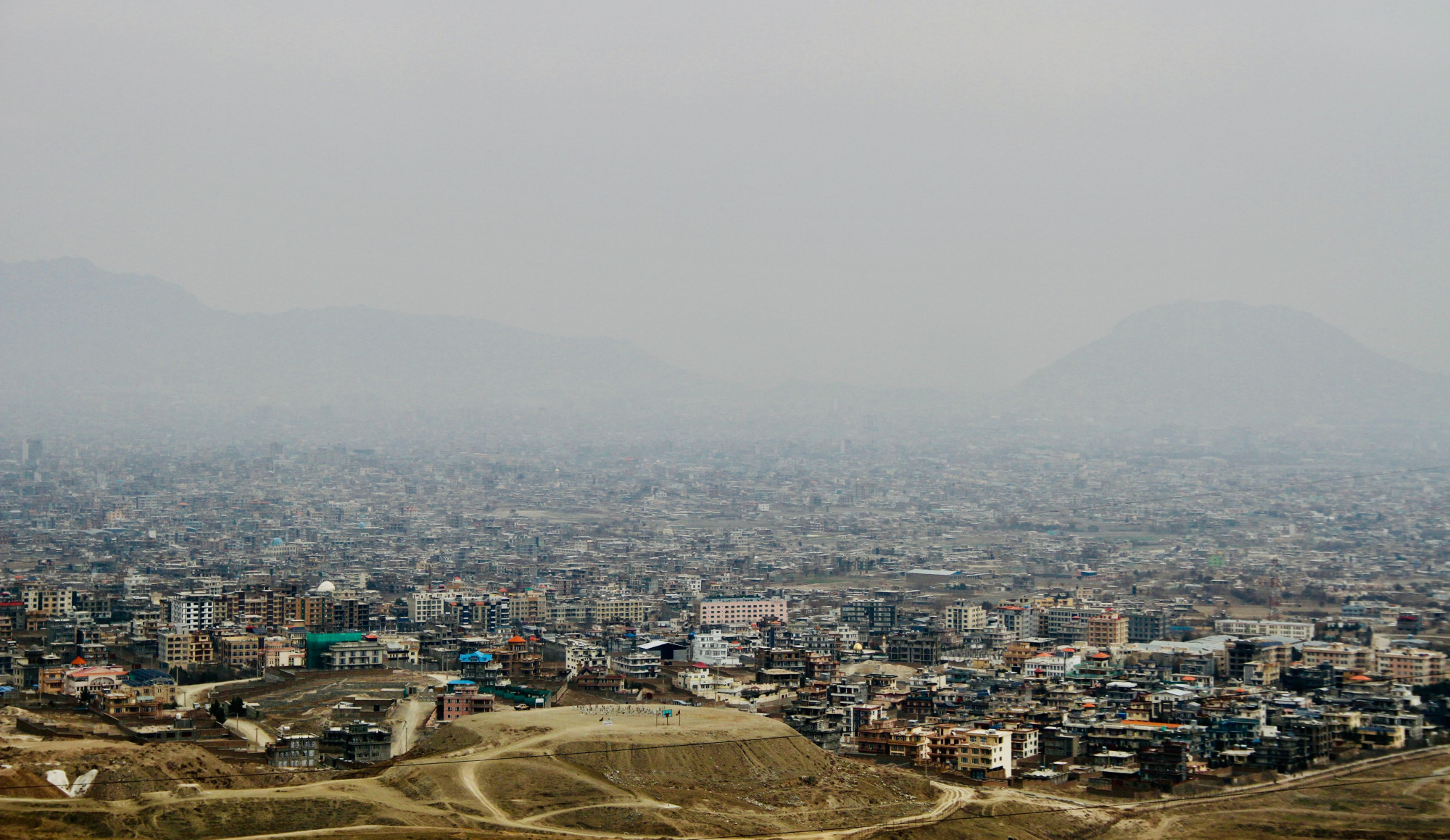
Don’t let your friends fall victim to Afghanistan Visa Scams
Amidst the fear and uncertainty of the Taliban’s takeover of Afghanistan and the evacuation of Afghan nationals, scammers are defrauding Afghans of tens of thousands of dollars. These scams are targeting people still in Afghanistan, people in neighbouring countries such as Pakistan and Iran, as well as people in the Afghan diaspora around the world.
The Australian Broadcasting Corporation (ABC) reported on 31 August 2021 that Afghan Australians living in Australia are being targeted from Kabul and beyond. Paris Aristotle, an Australian migration expert, told the ABC that “There have been reports already of unscrupulous people claiming to be credible migration agents that will lodge an application and get their family a visa. All they have to do is give them $8,000 to $15,000. It is utterly unnecessary, it is pure exploitation of this group’s vulnerability.”
Visa scams appear in a wide range of different places. Many travel agents operate a legitimate “front” business and at the same time pretend to offer a range of other smuggling and trafficking services that cost exorbitant fees but never materialise.
Currently the greatest number of scams begin on social media. Facebook is by far the most prevalent place to find these scams as it is overwhelmingly the most popular social media platform in Afghanistan. WhatsApp is another common place to find scams. Scams often initiate on one space and then move into another. An example that we have seen all too often is an introduction being made in a seemingly legitimate Facebook or WhatsApp group, which then at the instigation of the scammer moves offline or into a private chat where the actual scam takes place.
One of the heartbreaking elements of these kind of scams is that people often unknowingly forward fake material to friends and loved ones in an effort to do something to help them.
How to Spot a Scam on social media
Who posted it? Check the profile of the person who posted the information. If they have only had an account for a very short period, have few photos or friends, then its probably a fake profile.
Does the contact number match the organisation? Some scammers post Ads from legitimate migration agents or Governments — pretending to represent them — but the contact number provided does not match the organisation’s contact details.
Is the website legitimate? Some scammers have actual websites to try and appear legitimate. Most of these use obvious stock images, have no photos of actual staff, and have no physical address (or a fake address).
If it sounds too good to be true, it probably is — Some scammers will boast that they can get you a visa for travel to another country within a few days and will secure you work earning a very large salary regardless of your skills or education. These types of promises are almost always scams.
Visa processing fees are very high — most legitimate visa pathways are able to be applied for online with clear upfront costs. Some countries charge quite high fees for processing business and work visas, however humanitarian visa applications are almost always free to lodge.
Deleted posts or profiles — Often scammers will post an Ad to attract potential customers, and then delete their Ad or profile once they have secured direct contact, to avoid attracting unwanted scrutiny or negative feedback on their post.
How can I find real information?
Check Government websites directly: An important first step to check if a visa pathway is legitimate or not is to check the relevant government’s website, or to contact the local embassy or consulate of the country you are interested in. If a visa pathway for Afghan nationals is legitimate, details about that pathway should be available from the country’s website, or from the embassy or consulate. Most have online forms, where you can apply for visas or programs directly.
Statt Consulting published a blog post recently which outlines current programs Afghan nationals may be eligible to apply for. The blog post includes links to those programs. Information about the programs is available in English, Pashto and Dari. https://stattconsultingblog.medium.com/
Contact UNHCR in Afghanistan, or in any neighbouring countries, either by phone or email. Check up to date information on their website https://help.unhcr.org/afghanistan/
